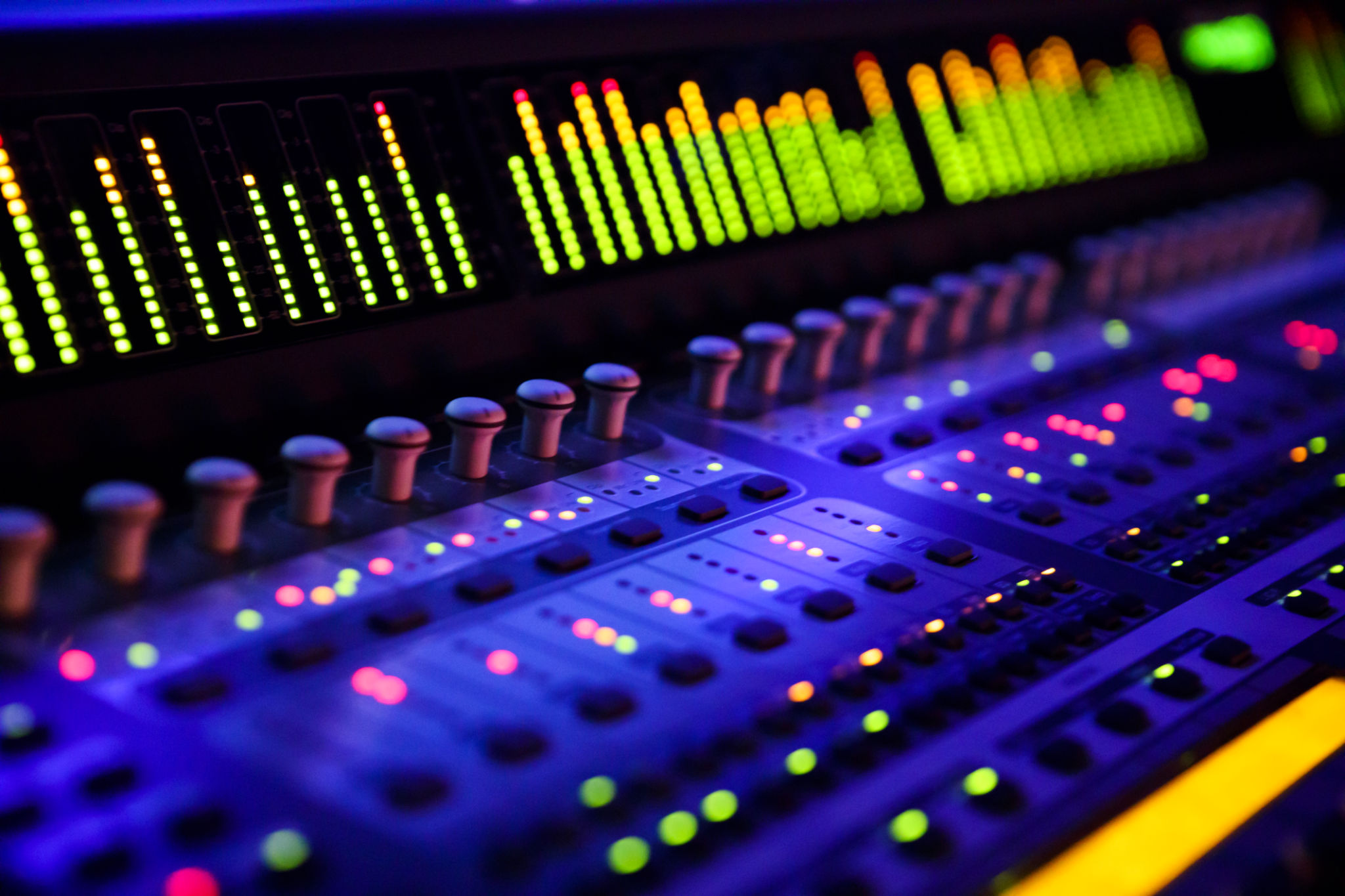From MIDI to Masterpiece: Understanding Music Production Tools
Exploring the World of Music Production
Music production is an art form that has evolved tremendously over the years. From the analog days of tape machines to the digital era of software-based production, the tools available today offer endless possibilities for creativity. At the heart of modern music production lies the MIDI (Musical Instrument Digital Interface), a revolutionary technology that allows musicians and producers to create complex compositions with ease.
MIDI serves as a bridge between musical instruments and computers, enabling users to control and manipulate sound in a digital environment. Understanding MIDI and how it integrates with other tools is essential for anyone looking to produce high-quality music.

The Role of Digital Audio Workstations (DAWs)
One of the most critical components in music production is the Digital Audio Workstation (DAW). A DAW is a software platform that provides a comprehensive environment for recording, editing, and producing audio files. Popular DAWs like Ableton Live, Logic Pro, and FL Studio offer a wide range of features tailored to different production needs.
These platforms support MIDI integration, allowing users to compose music using virtual instruments, synthesizers, and drum machines. The flexibility of DAWs enables producers to experiment with different sounds and arrangements, making them an indispensable tool in modern music production.
Features to Look for in a DAW
When selecting a DAW, consider the following features:
- Compatibility: Ensure it works with your operating system and hardware.
- User Interface: A user-friendly layout can significantly enhance your workflow.
- Plugin Support: Check for compatibility with third-party plugins to expand your sound palette.

Virtual Instruments and Effects
Virtual instruments have become an integral part of music production, offering a vast array of sounds that were once only accessible through physical hardware. These instruments are typically available as software plugins that can be loaded into a DAW. From realistic piano sounds to futuristic synth leads, virtual instruments provide endless creative possibilities.
Effects plugins are also crucial in shaping the sound of a track. Reverb, delay, compression, and equalization are just a few examples of effects that can be applied to individual tracks or entire mixes. Mastering these tools can transform a simple MIDI composition into a polished masterpiece.
The Importance of Sample Libraries
Sample libraries are collections of pre-recorded sounds that producers can use in their compositions. These can include everything from drum loops to vocal phrases. High-quality sample libraries can add depth and texture to your tracks, making them sound more professional.

Mastering: The Final Touch
The final stage of music production is mastering, where the completed mix is polished for release. Mastering ensures that the track sounds its best on all playback systems by adjusting levels, enhancing clarity, and adding final touches like stereo widening and limiting.
While mastering can be done within a DAW using plugins, some producers prefer dedicated mastering software or even professional mastering services for optimal results.
Tips for Successful Mastering
- Reference Tracks: Compare your track with commercially released songs to ensure quality.
- Critical Listening: Use high-quality headphones or monitors to catch subtle details.
- Take Breaks: Fresh ears help identify issues that might have been overlooked.

In conclusion, understanding and utilizing music production tools effectively can transform your creative ideas from simple MIDI notes into fully realized musical masterpieces. Whether you're a beginner or an experienced producer, investing time in learning these tools will undoubtedly enhance your music production journey.